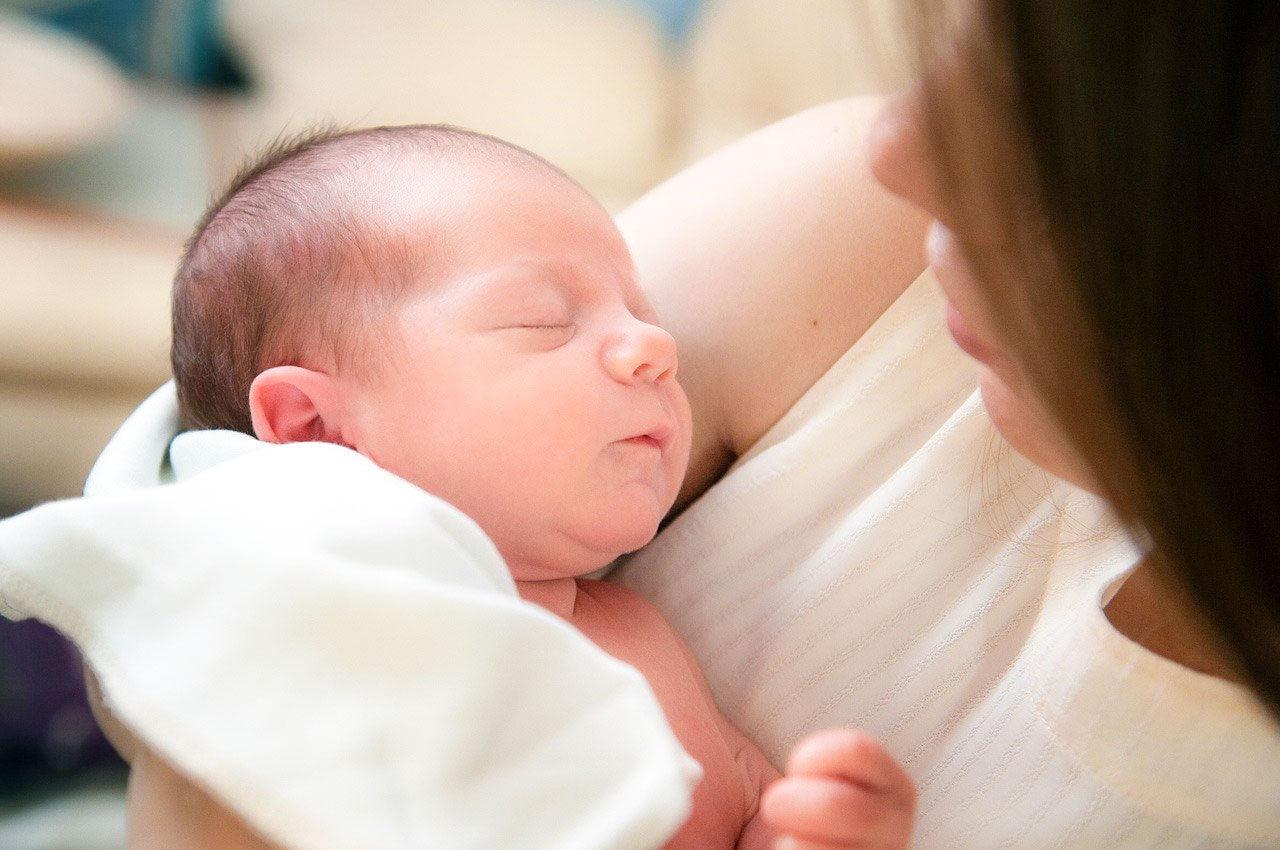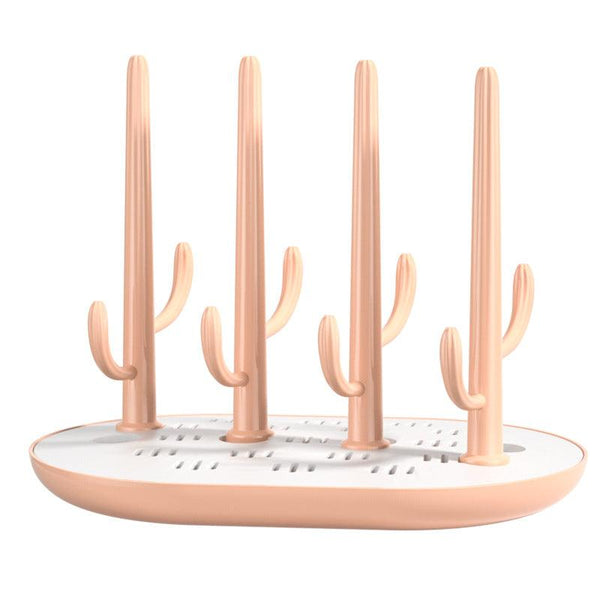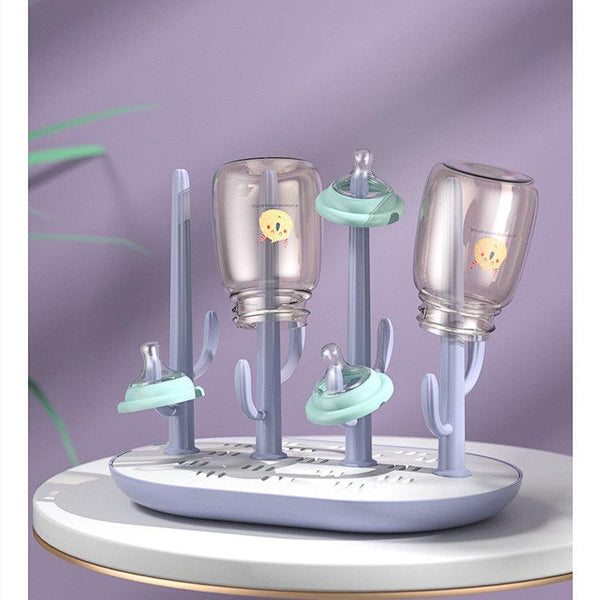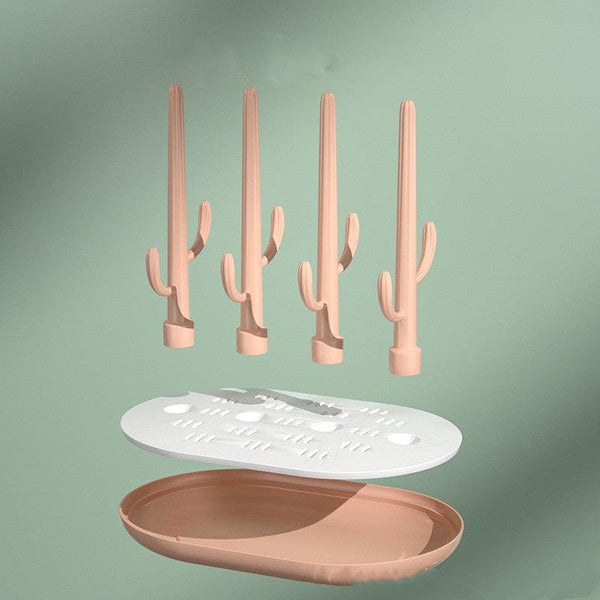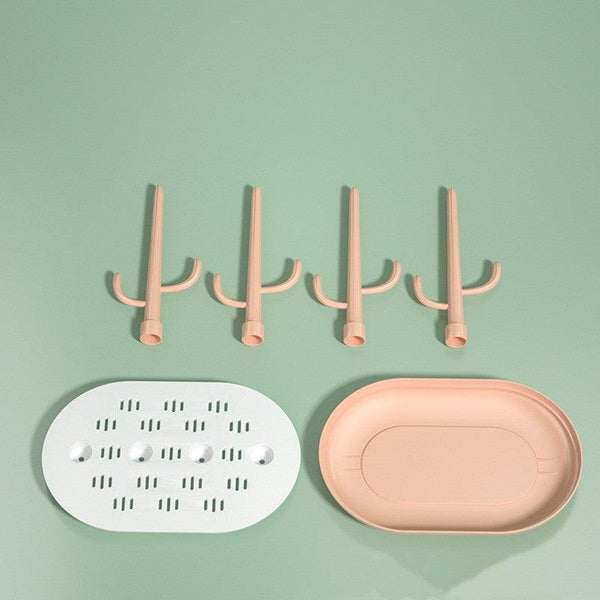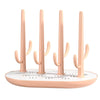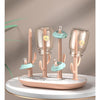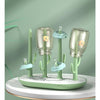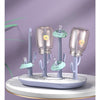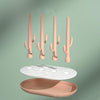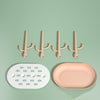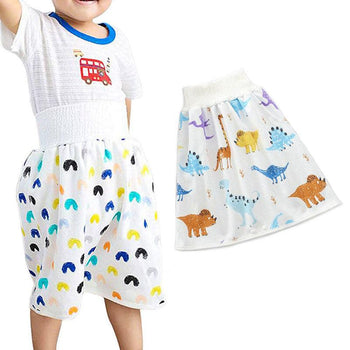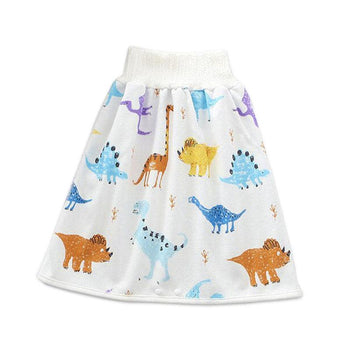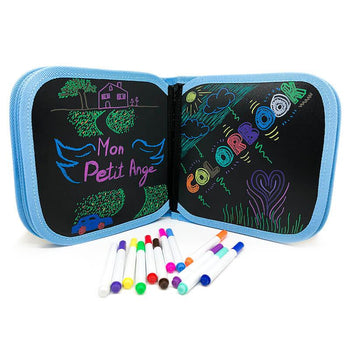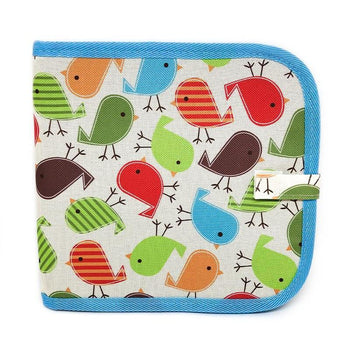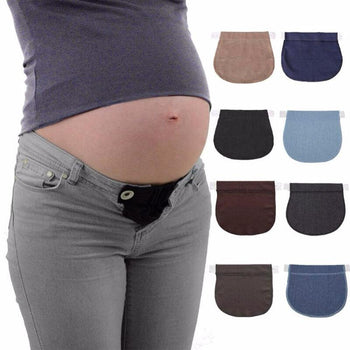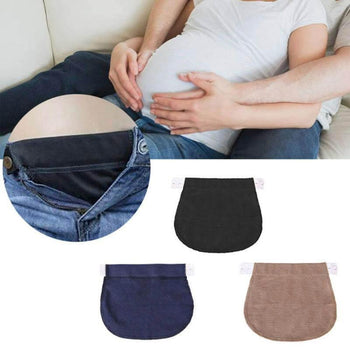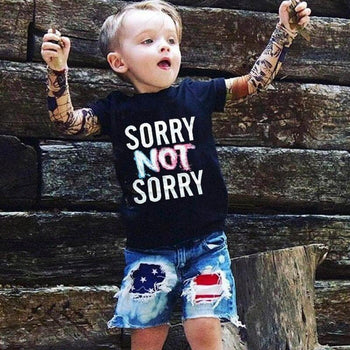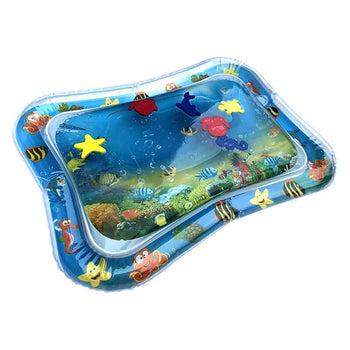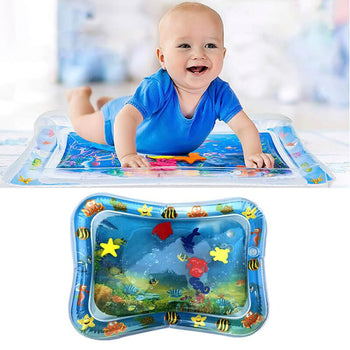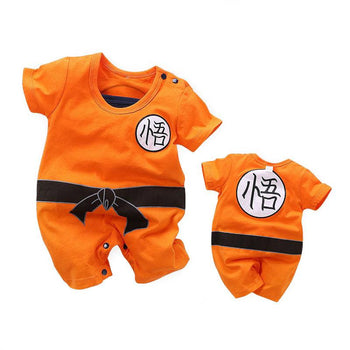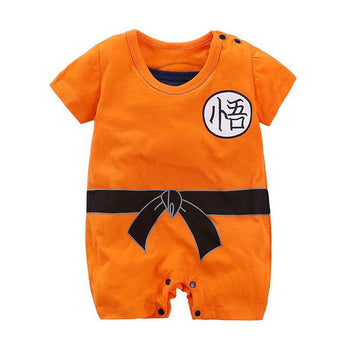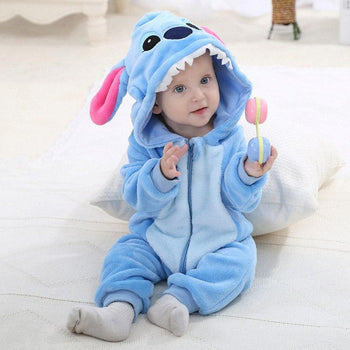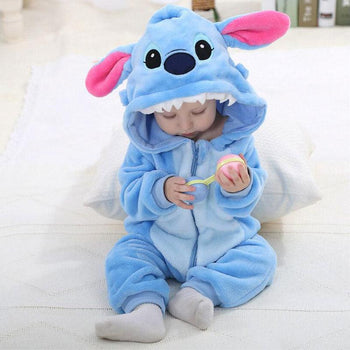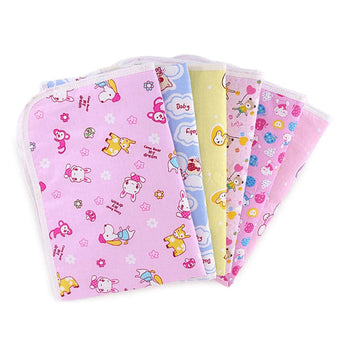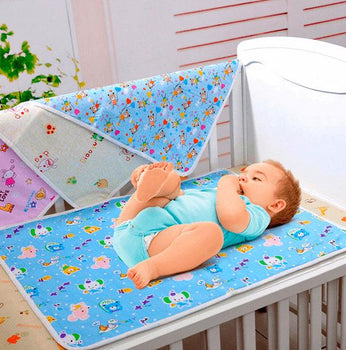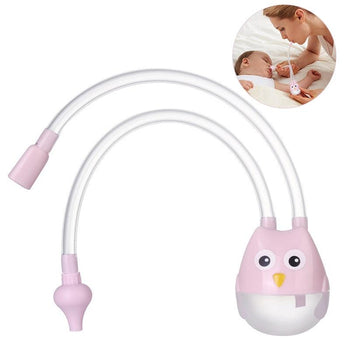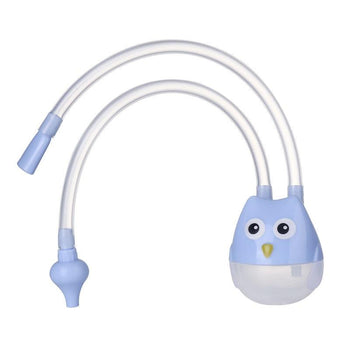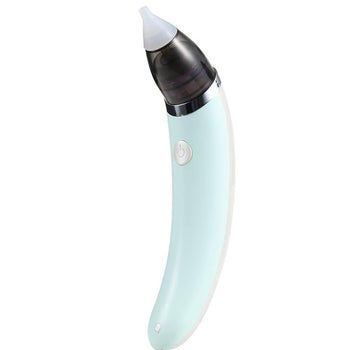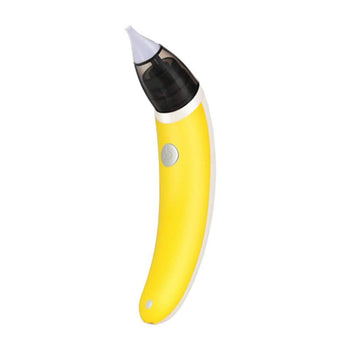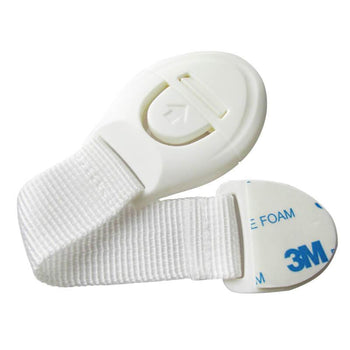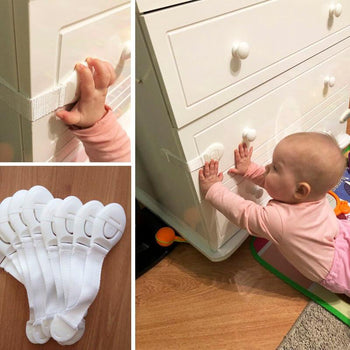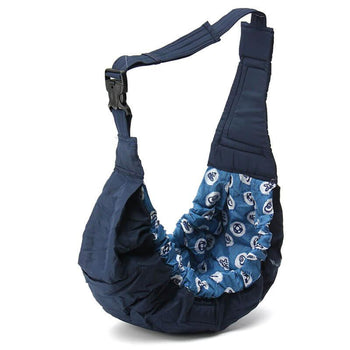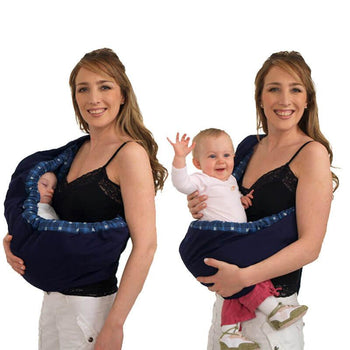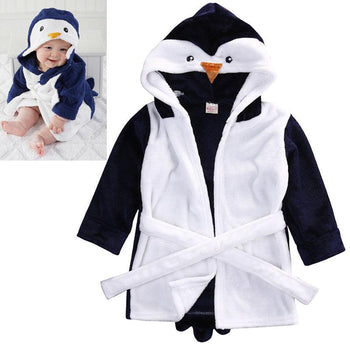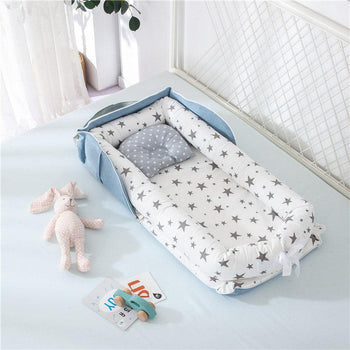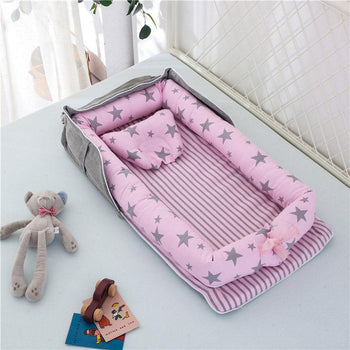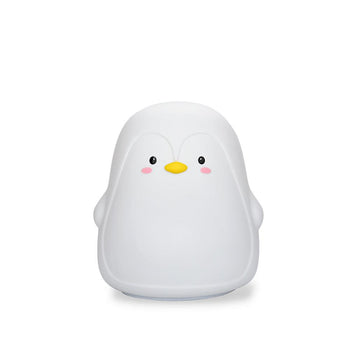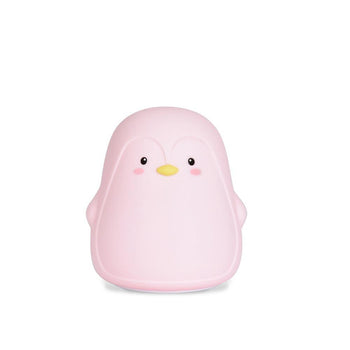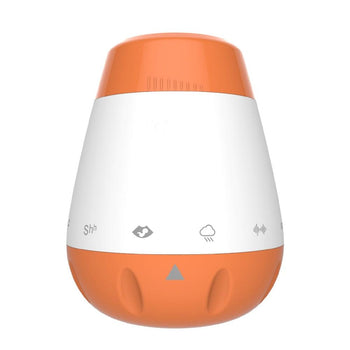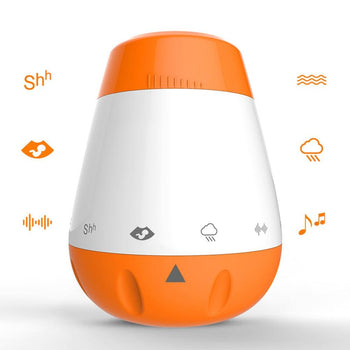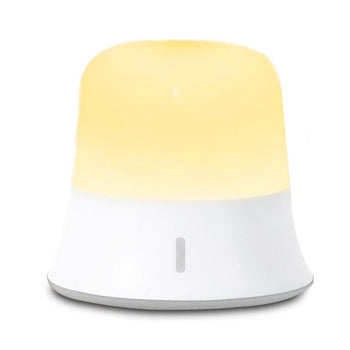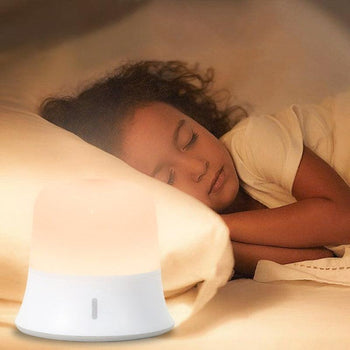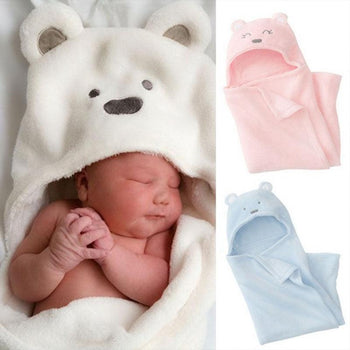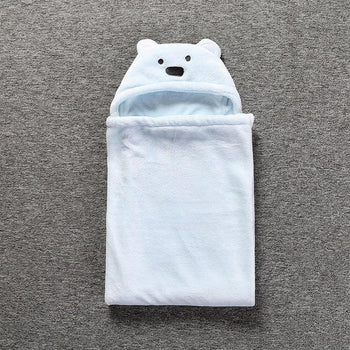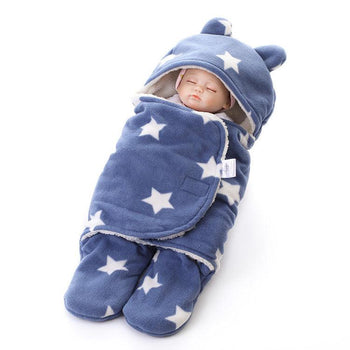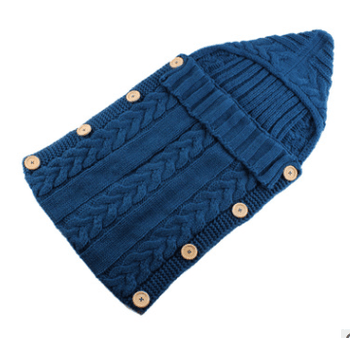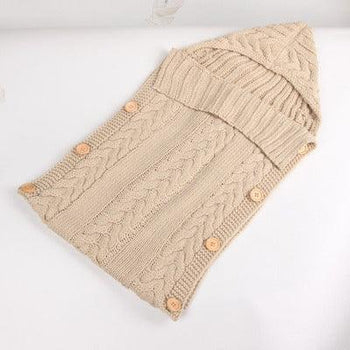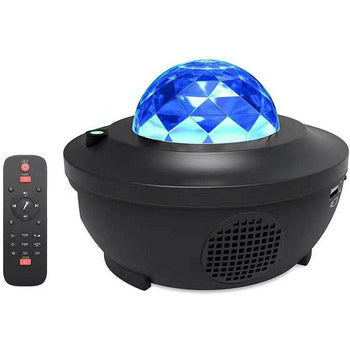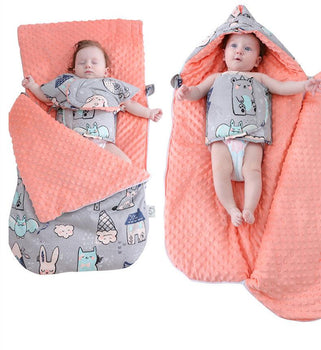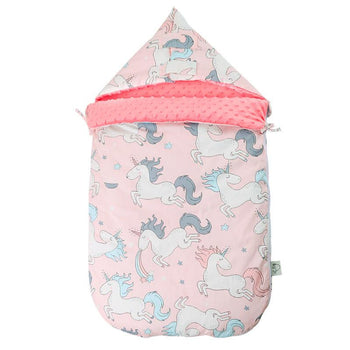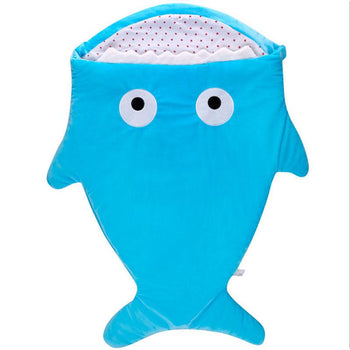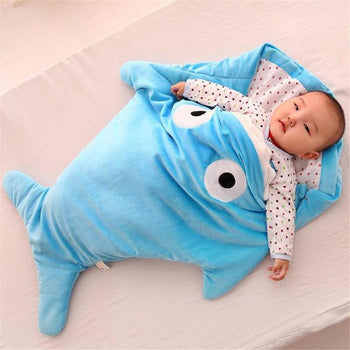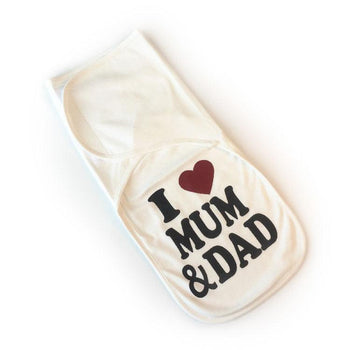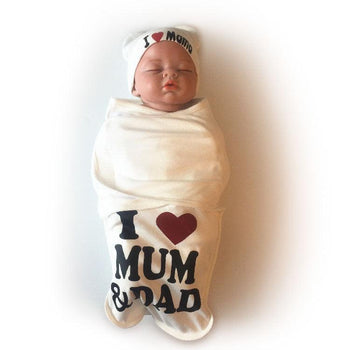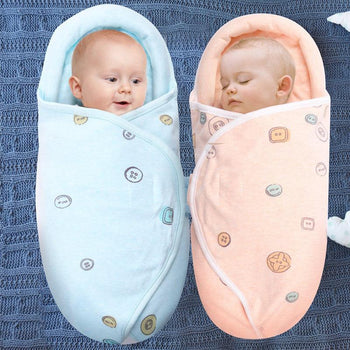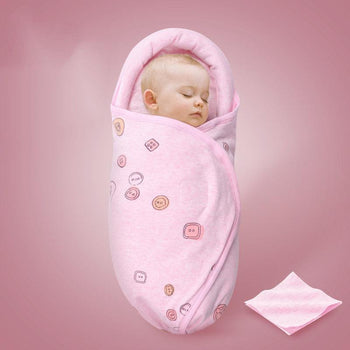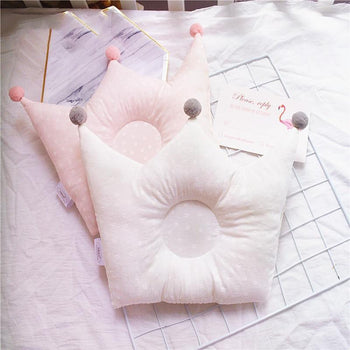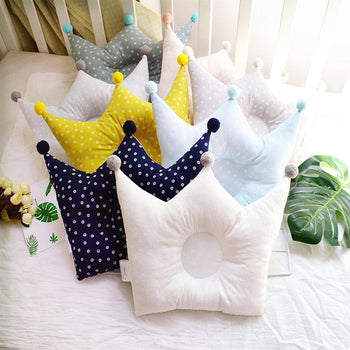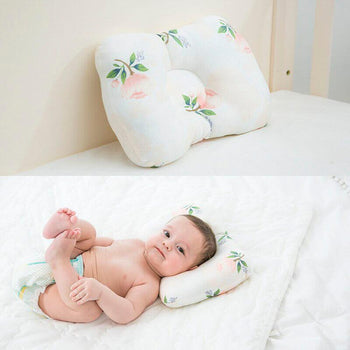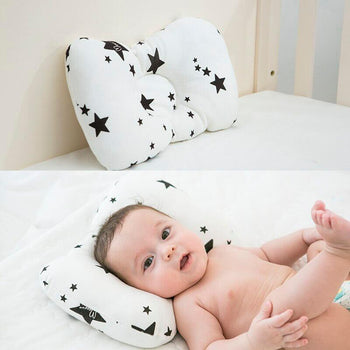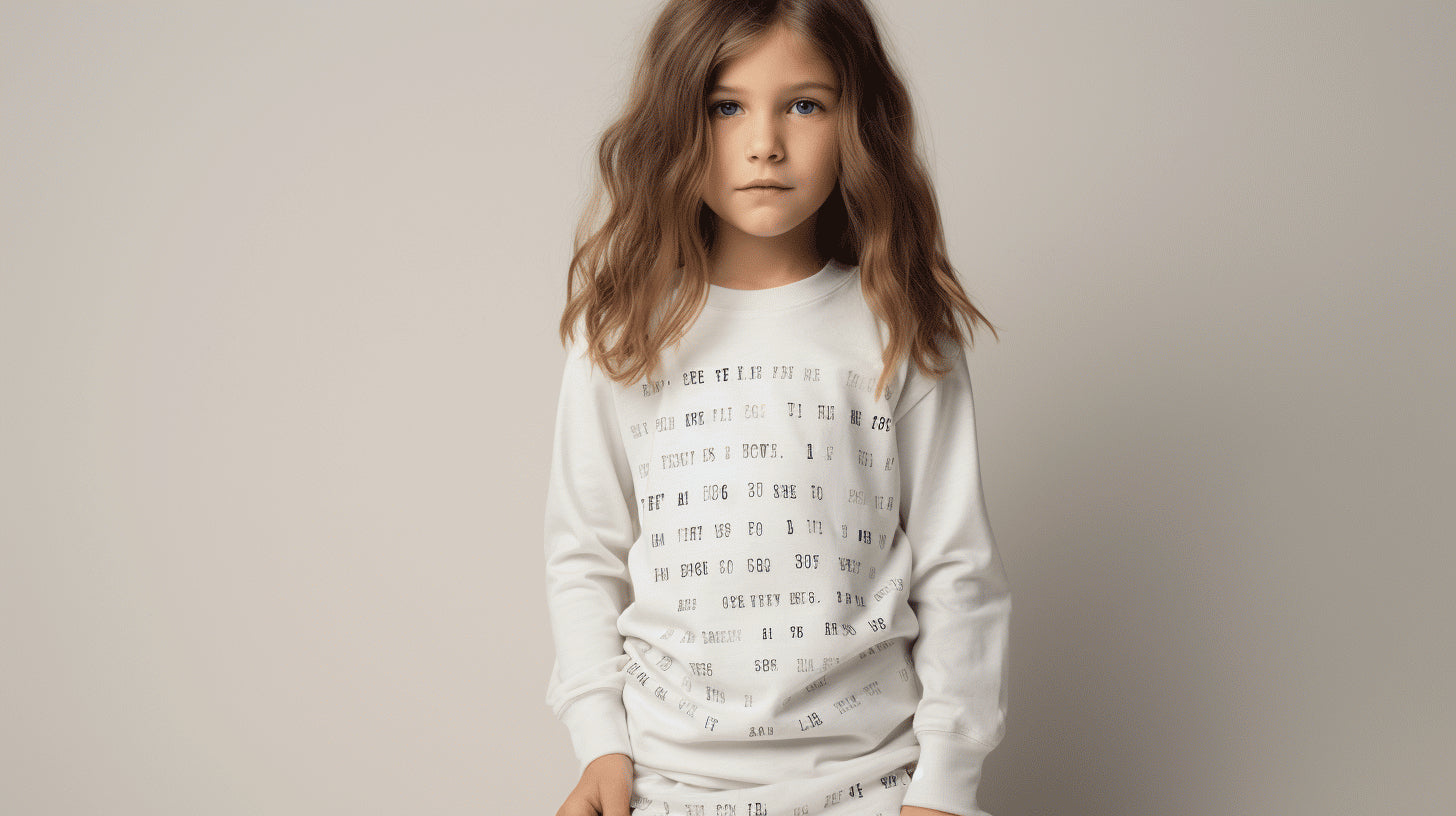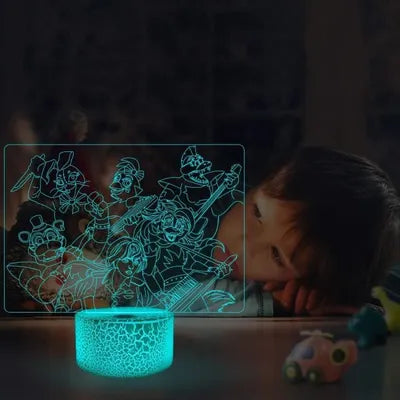Sleep safety rules can be confusing (especially when you're exhausted). Here's a checklist to help you avoid these common baby sleep mistakes.
Newborn Sleep : This is one of the top three things you think about when you have a baby along with basic meals and hygiene.
As you begin to learn about your newborn's sleep needs and constantly changing habits and rhythms and adjust to new parents' lack of sleep, you may feel overwhelmed by all the competing philosophies on babies' sleep in books and blogs.
The endless do's and don'ts , conflicting rules and scary safety warnings.
In the meantime, you're still wondering how to get your adorable little one to sleep through the night . There are many ways to do this, it's up to you to find what works, but there are some things you should avoid altogether.
Here are seven common mistakes new parents make without knowing it.
1. Assuming that the soft and quiet newborn period will last forever.
We hate to tell you, but your peaceful baby who simply falls asleep, drunk on milk, after a feed, may not always be like this. The first few weeks (or even the first few months) aren't always representative of the kind of sleep you managed to get in the newborn sleep lottery.
Some babies fall asleep early in the night (congratulations!), but that doesn't mean it's going to go on forever.
Have you already overcome sleep regression at four months ? No ?
Maybe you should find out about this. (Sorry.) And while breastfeeding to sleep or rocking before naps and bedtime can help now, know that sometimes it just delays the inevitable.
If you're one of the happy parents of a "baby unicorn" (meaning your baby sleeps well without much effort from you), try not to gloat. It doesn't have to mean you're doing it right, while the other mom with the colicky, sleepless baby hasn't figured it out yet. Believe us, she tries.
Here are 5 tips to help your baby when colic hits. I really like tip #5, I call it the kangaroo method.
2. Sleeping on the couch with a newborn in your arms.
We get it, falling asleep on the couch with a baby curled up on your chest is one of the best feelings in the world. Many exhausted new moms doze off a bit while their baby is lying on their lap or snuggled up on a warm nursing pillow .
But according to the American Academy of Pediatrics (AAP), this kind of co-sleeping on a couch or chair is a serious sleep mistake for your newborn.
It is far more dangerous than co-sleeping in a bed, due to the risk of dropping or suffocating the baby. If you need to nap or sleep with your baby, opt for bed sharing .
3. Let your newborn sleep in the car seat.
It's a controversial question, because we've all been there: Your baby dozes off in the car seat while you're driving home or running errands, and the beauty of the bucket seat is that you can take it out and transfer your sleeping baby inside so he can finish his nap.
But allowing a baby to sleep in a car seat, even placed on the floor or clipped into a stroller, is a safety risk.
This is because due to the angle of the seat's design, the baby's head can fall forward and cause what is known as positional asphyxia.
Letting your baby sleep in a car seat overnight when you're not awake enough to watch over them is a big sleep mistake.
In fact, experts recommend limiting the time your baby spends in a car seat, bouncer, or swing to 30 minutes , primarily for developmental reasons (it limits movement) and the risk of developing positional plagiocephaly. (aka flat head syndrome).
However, we would like to recognize that this time is sometimes impossible to respect during car journeys, for parents who have long journeys to get to work or daycare, and that the car seat is really the only place where baby can take a nap. We would like further research to be conducted on this recommendation.
4. Buy crib bumper sets that you see on blogs and in catalogs.
This one is pretty easy to follow: don't use crib bumpers. They pose a risk for SIDS , are even banned from sale in some US states, and doctors have been lobbying against crib bumpers for years.
Yes, some babies fidget a lot in their sleep, especially when they start rolling, crawling or walking. But they probably won't hurt themselves badly from banging their head on a bed rail. Although these "breathable" mesh bumpers prevent pacifiers (and small hands and feet) from slipping out of the crib bars, they are not recommended due to the risk of entanglement and strangulation.
(Also, a tip: older, more mobile babies can stand on these cushions and use them as a step stool when trying to navigate their way into the crib).
5. Postponing sleep training because baby is teething.
News flash: your baby is still teething. Or he has a cold. Or he is brooding on something. Or he's recovering from something. Or he's too tired. Or he has unexplained difficult baby syndrome. (Okay, I made it up, but it's kind of true.) It's important to know that now may never be a good time to teach baby to fall asleep. If you want to know how to put a baby to sleep in 6 easy steps, click here .
Experts say it's easiest to train a baby to sleep between six and twelve months, but use your judgment and listen to your instincts. If you don't fully commit to sleep training before you start, you won't stick with it.
6. Sharing your room with baby after six months.
It's a tricky question. Parents should share their baby's room for at least the first six months and ideally for a whole year. However, not all parents can share their baby's room beyond six months.
Because we have to be realistic: Many parents' room can only fit a bassinet (not a full crib), and most babies outgrow the bassinet (or start rolling or pulling on themselves). the sides) in the fourth, fifth or sixth month.
Some babies will wake up more often at night if they hear or smell their parents nearby, and will sleep more soundly in their own room. It's also quite difficult to teach independent sleep, or cry sleep training, if your baby is right next to you.
If room-sharing is okay with you, that's fine, but don't feel you have to. The researchers don't see huge benefits from this kind of sharing after the baby is past six months old.
7. Letting high-tech baby monitors make you overconfident (or overly anxious).
If you hear your baby fidgeting, a quick glance at a video monitor can tell you if it's a full wake or just a wiggle.

Sometimes you can return to your Netflix series without opening the nursery door, or quickly put a pacifier back on before things get worse.
But some parents are taking the trend for high-tech baby monitors to extremes, buying portable and expensive vital signs devices that measure an infant's heart rate and oxygen saturation level.
Pediatricians advise against the use of these types of cardio-respiratory monitors, as well as sensors that go under the baby's mattress, as they can cause false alarms, making parents anxious and causing unnecessary visits and tests to emergency room.
The head of the AAP's SIDS Task Force, Dr. Rachel Moon, says there's also no evidence that these devices help prevent SIDS in healthy babies. Receiving alerts and biometric data on your smartphone is not a substitute for creating a safe sleeping environment for your baby.
You should always follow sleep safety rules: always put your baby in the crib on his back, not on his side or on his stomach (find out why in this article ), keep blankets and pillows out of the crib, and stop swaddling your baby once he learns to roll.
"Reader's special" offer
Get 30% off the entire collection
>>> Sleep <<<
(Sleeping bag, night light, blanket...and many other products to help baby sleep better)
Take advantage of this special offer with the code
DODO30
Do you want your baby to sleep through the night?
In this free guide , you'll discover 5 things you absolutely need to know.
With a unique approach and practical tools for success, this guide will help you and your baby sleep better through the night.


